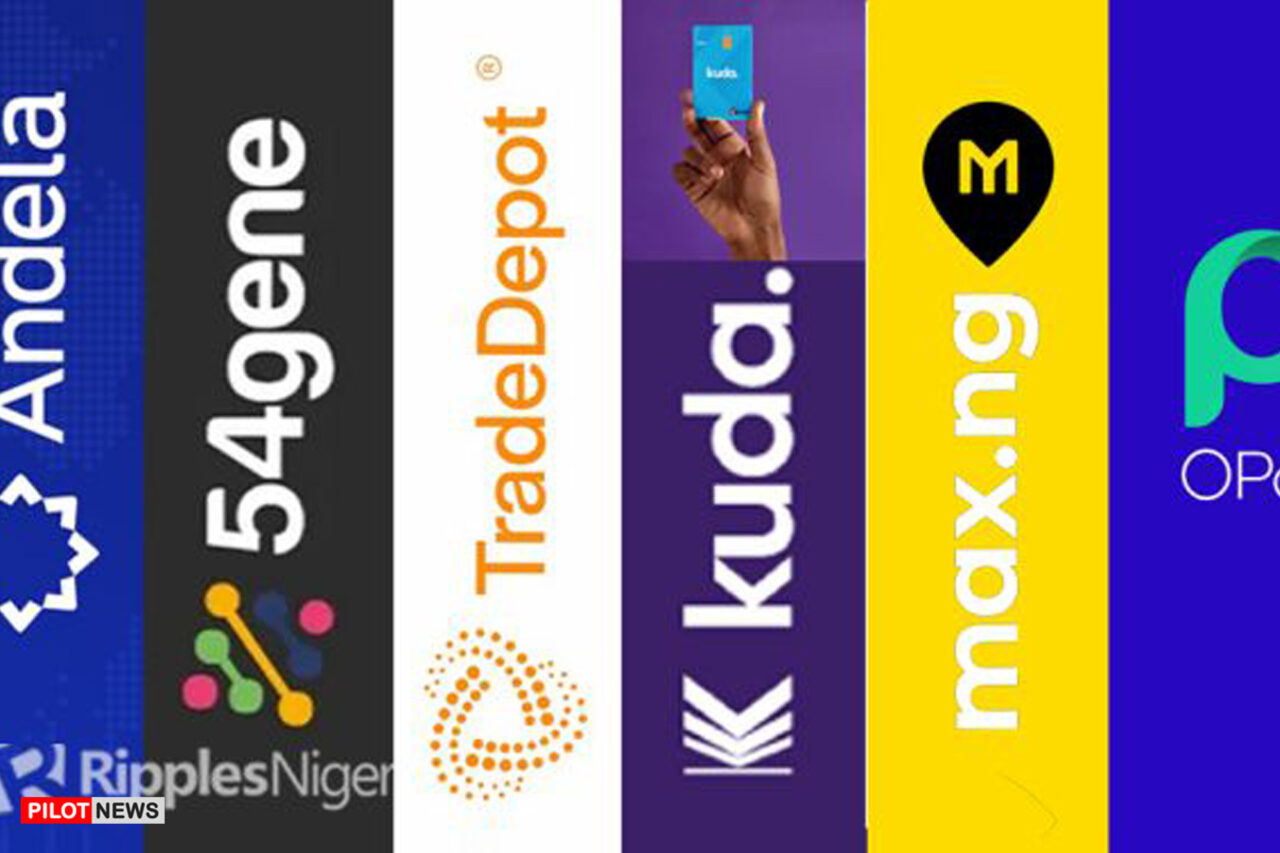President Muhammadu Buhari on Wednesday signed the Nigeria startup bill into law, three months after it was passed by both chambers of the National Assembly.
In a tweet announcing the news, the minister of communications and digital economy, Dr Isa Pantami, said the initiative was as a result of the collaboration between himself and the chief of staff to the president, Prof. Ibrahim Gambari.
Pantami said the legislation is to be known as the Nigeria startup act, 2022.
The act seeks to create a friendly environment for tech-based startups in Nigeria. But that’s not everything about this piece of legislation.
Here are 6 things you need to know about the startup act, 2022:
- It positions the Nigerian startup ecosystem strategically.
The core objective of the legislation is to position Nigeria as a leading tech hub in Africa. This means that the tech space will become more attractive to investors and usher in new entrants into the market by facilitating the birth of new startups, and cause existing ones to thrive.
- Special certification for startups
With the startup act, 2022, companies will be required to obtain a certificate known as the ‘startup label’, before they can be recognised as a startup.
The act mandates that a startup support and engagement portal should be established to facilitate the issuance of the ‘startup label’ and also bridge the gap between regulators and startups.
It also spells out the requirements for a company to obtain a ‘startup label’. Companies issued with a startup label have obligations under the legislation and failure to comply with these obligations can lead to the revocation of their startup label.
- Seed fund for startups
The startup act, 2022, provides startups access to a special seed fund. The act establishes a startup investment seed fund, which is designated for startups alone. The fund will provide labelled startups with finance and relief to technology laboratories, accelerators, incubators and hubs.
- Provides for incubation programmes
The legislation also provides for accelerator and incubator programmes that will grow the startup ecosystem. These incubators will help startups solve operations that they are bound to face in running their business, provide workspace at little or no cost, and serve as breeding hubs for the startups.
- Enhances the training of talents in the industry
The startup act, 2022, makes provision for the development and growth of technology-related talent. It provides support for academic research institutions geared towards startup development. The implication of this is that startups and their employees will have access to educational programs that will empower them with the right skills and enhance their competitiveness in the industry.
- Bridges the gap between regulatory bodies and startups
The legislation enhances regulatory support for startups. It provides for collaboration with regulatory bodies to facilitate seamless processes for labelled startups. The provision for regulatory support applies to bodies like the Corporate Affairs Commission; Nigerian Copyright Commission; Trademarks, Patent and Design Registry; Securities and Exchange Commission; National Office for Technology Acquisition and Promotion; Central Bank of Nigeria; and Nigerian Exchange Limited.
- Ex-Governor Yahaya Bello Declared Wanted by EFCC - April 18, 2024
- TIME Names Burna Boy on 2024 Most Influential People List - April 18, 2024
- N100 Billion Corruption Case Take New Turn As EFCC Seeks Yahaya Bello’s Arrest - April 18, 2024


